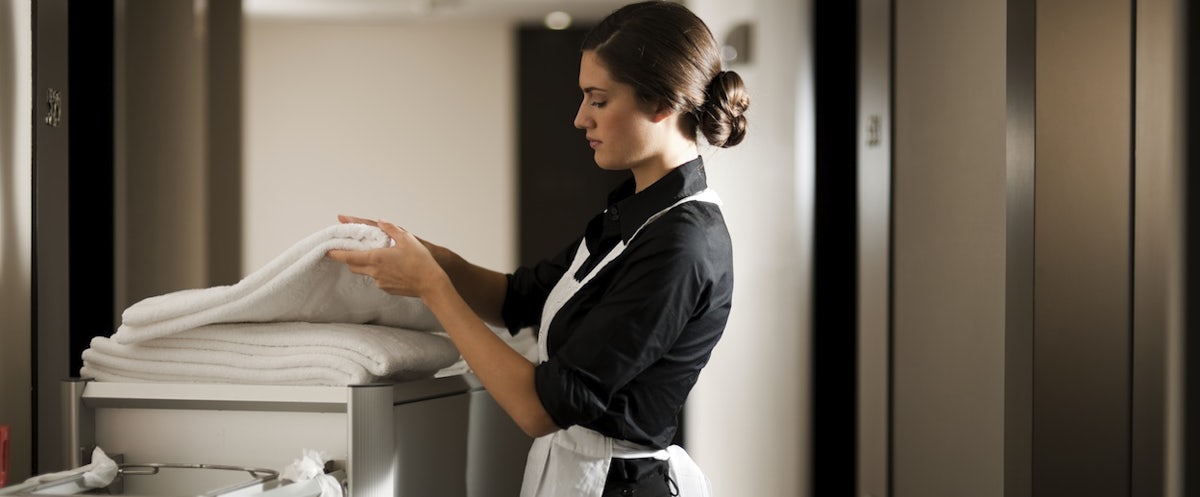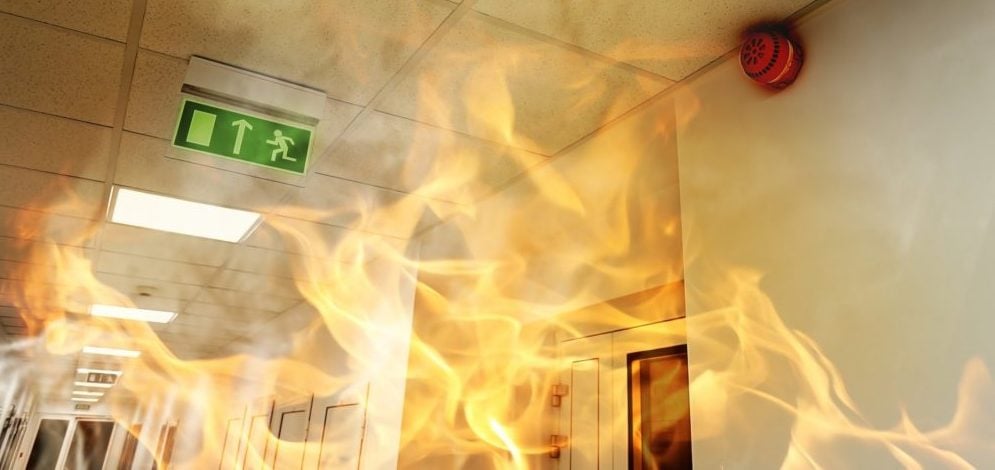The Secret to Happiness? A Great Housecleaner!

Given their druthers, almost everyone prefers living in a clean, tidy environment to living in one that is dusty and overflowing with clutter. Many of us live such demanding lives, however, that we just don’t have the time to keep up with the amount of work that’s necessary to keep a household well tended. Residential cleaning in Olney, MD, can permit you to enjoy the comforts of a neat and spotless home without cutting into recreational time. Cleaning services typically charge either by the hour or by square footage, so it’s easy to customize a service package that will work for you.
The Benefits of Hiring a Residential Cleaning Service
There are many advantages to hiring a residential cleaning service:
• A clean home: No longer will you feel overwhelmed by having to add housecleaning to all the other work and family obligations you have to juggle.
• You won’t …
Continue Reading

